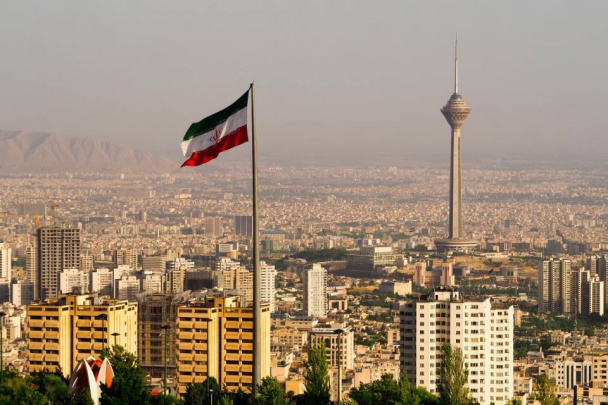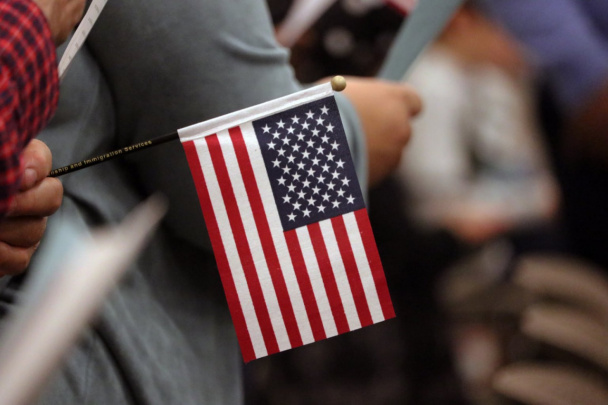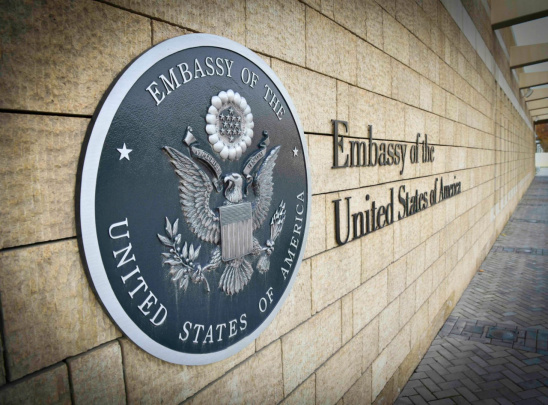Uzbekistan introduces social cards: How they work and who benefits
Social cards are distributed free of charge to certain categories of the population and are provided by the state. Funds such as social benefits (allowances, financial aid, pensions) will be deposited into these cards. The card will also replace documents like student IDs, disability certificates, and pensioner identification. Additionally, it will facilitate free public transportation and compensation for expenses such as electricity, gas, and education.
What is a social card?
From now on, to access social services and assistance, individuals will no longer need to carry over ten different documents, such as birth certificates, disability certificates, pension IDs, student IDs, or bank cards.
A single social card will replace these documents. It has been introduced as a pilot project and is currently being distributed to people in Tashkent city and Yangiyul district of Tashkent region.
According to the National Agency for Social Protection, the following nine types of payments are currently being disbursed via the social card:
- Child benefits for low-income families;
- Financial aid for low-income families;
- Old-age benefits;
- Disability benefits;
- Monthly financial aid for elderly individuals living alone and persons with disabilities;
- Disability benefits for children under 18;
- Benefits for mothers caring for children with disabilities;
- Vouchers for the purchase of prosthetic-orthopedic devices and technical rehabilitation aids;
- Benefits for those who have lost a breadwinner.
Starting from April 1, 2025, two additional types of social payments will be introduced: maternity and childbirth benefits, as well as one-time financial aid provided through the “Kindness and Support,” “Women's Register,” and “Youth Register” programs.
The functionality of social cards will continue to expand over time. In the future, the card will enable free travel on buses and the metro, along with compensation for expenses related to electricity, gas, and education.
Why are social cards being introduced?
Social cards simplify the process of receiving social assistance and utilizing benefits, not only for citizens but also for the state. They reduce costs and minimize bureaucracy.
The cards enable the collection, processing, and analysis of large volumes of data. This, in turn, helps to significantly reduce corruption and inefficiencies in the delivery of benefits. It also speeds up service provision.
Where can you get a social card?
During the pilot phase, applications to open a social card can be submitted electronically through the “Inson” (Human) social services centers. Later, applications can also be submitted via the Unified Portal, the card’s mobile app, and branches of participating banks.
The financial agents for the social card system are JSC "Xalq Bank" and JSC "Aloqabank." Social cards are issued free of charge to eligible citizens.
Cards can be obtained within three business days from the date of application. For individuals requiring special care, “Inson” centers will deliver the social cards to their residence within 15 days.
Starting from July 1 of this year, social cards will be gradually introduced across all regions of the country.
Visa platform to be used
During the trial period, the Visa platform has been selected for social cards. In Uzbekistan, transactions such as money transfers, cash withdrawals, and other operations via Visa are more expensive compared to national payment systems like Humo and Uzcard. Additionally, Visa cards are typically linked only to the mobile app of the issuing bank, which can create additional inconvenience for consumers.
Kun.uz has reached out to the National Agency for Social Protection for clarification on these issues.
According to a government resolution, Oxinus Holding Limited, a company registered in Abu Dhabi, UAE, has been chosen as the partner operator for the social card project.
Recommended
List of streets and intersections being repaired in Tashkent published
SOCIETY | 19:12 / 16.05.2024
Uzbekistan's flag flies high on Oceania's tallest volcano
SOCIETY | 17:54 / 15.05.2024
New tariffs to be introduced in Tashkent public transport
SOCIETY | 14:55 / 05.05.2023
Onix and Tracker cars withdrawn from sale
BUSINESS | 10:20 / 05.05.2023
Latest news
-
Uzbekistan tops medal table at Asian Cadet Judo Cup in Kazakhstan
SPORT | 18:42
-
Uncertainty grows as new homes remain without gas supply
SOCIETY | 17:46
-
Uzbekistan plans to launch national ferry service in Caspian Sea
SOCIETY | 16:03
-
Dozens of violations, zero accountability: Fergana police cancel fines for chief’s wife’s car
SOCIETY | 16:02
Related News

14:40 / 26.06.2025
Uzbekistan may introduce visa-free entry for Iranian citizens – Embassy

11:33 / 25.06.2025
U.S. rejects nearly 65% of visa applications from citizens of Uzbekistan

20:13 / 21.06.2025
U.S. Embassy tightens visa checks for students from Uzbekistan, requires them to make their social media accounts public

20:02 / 19.06.2025



